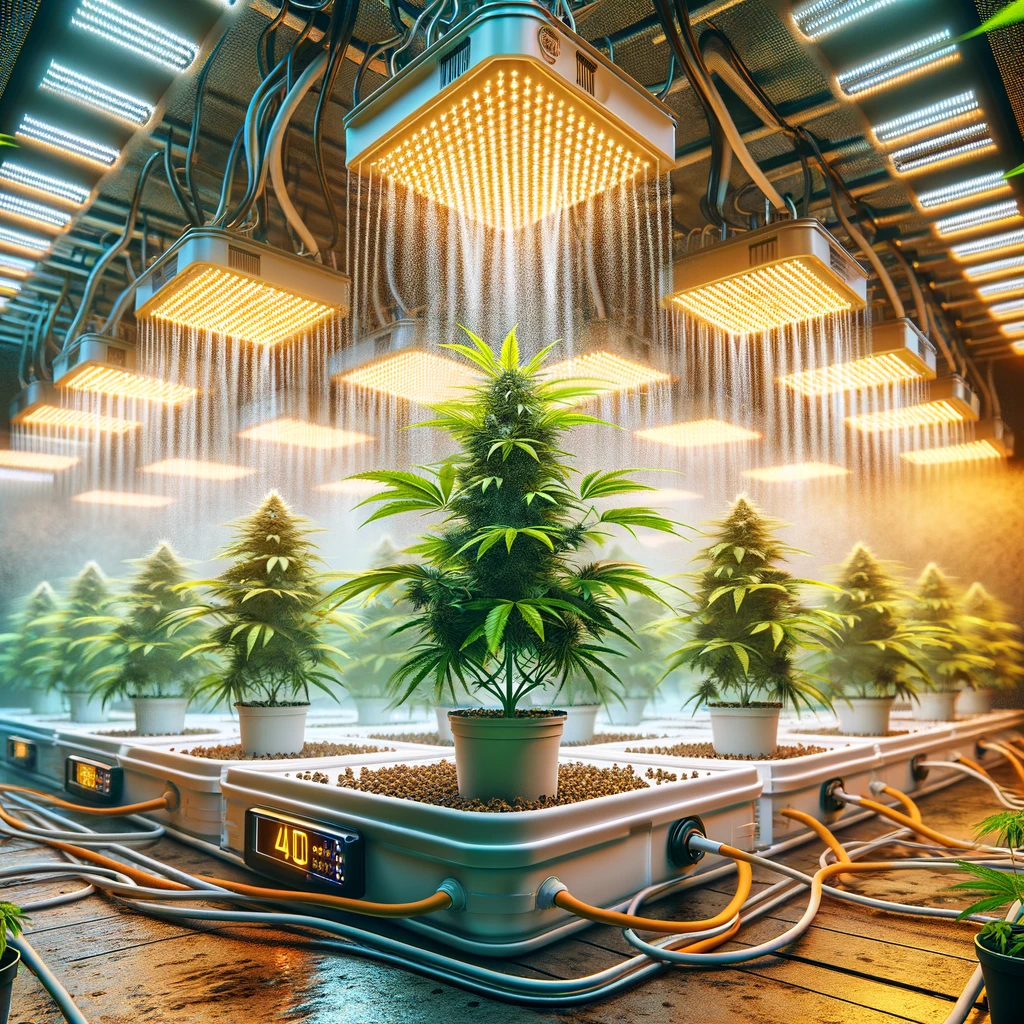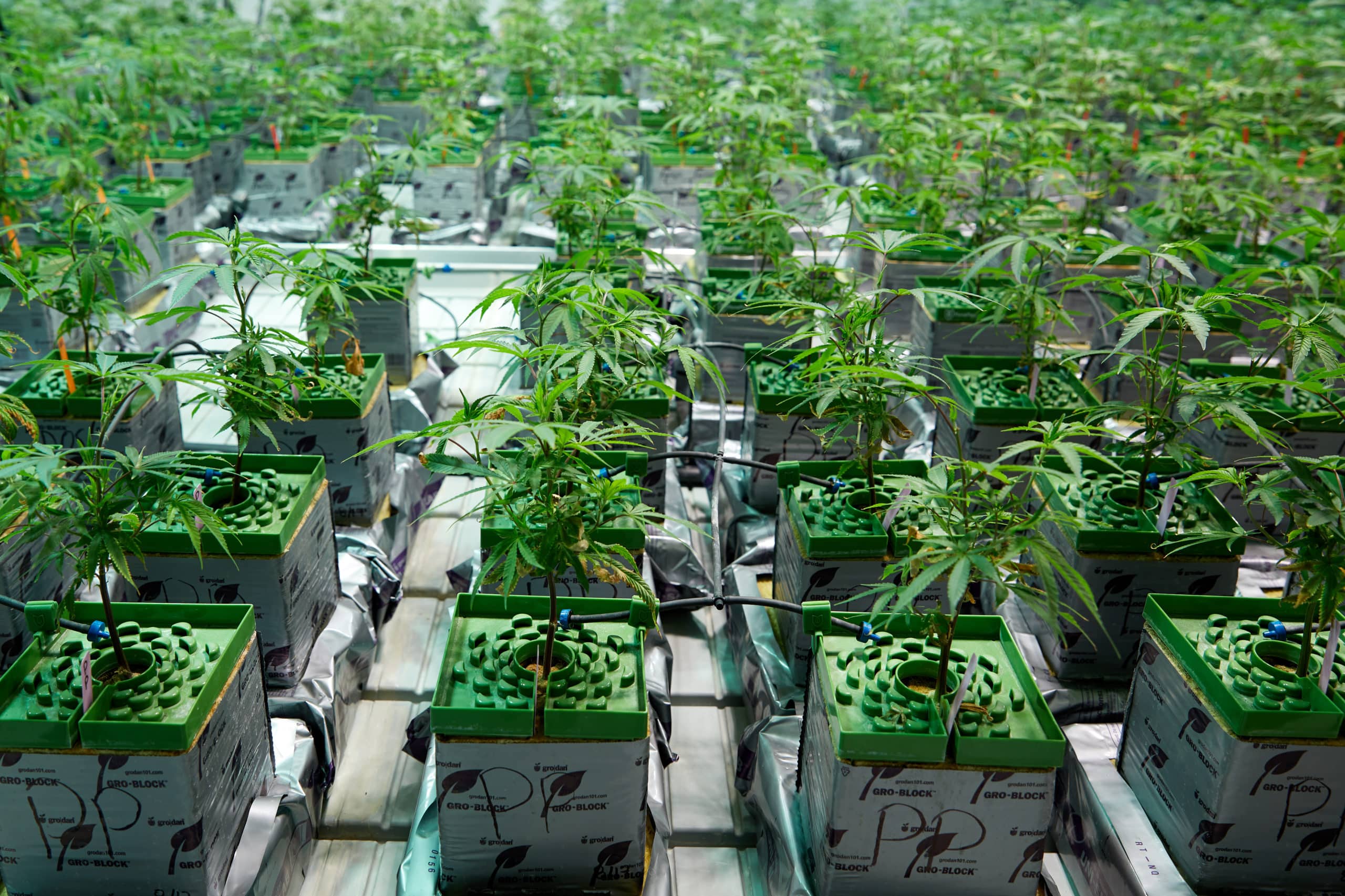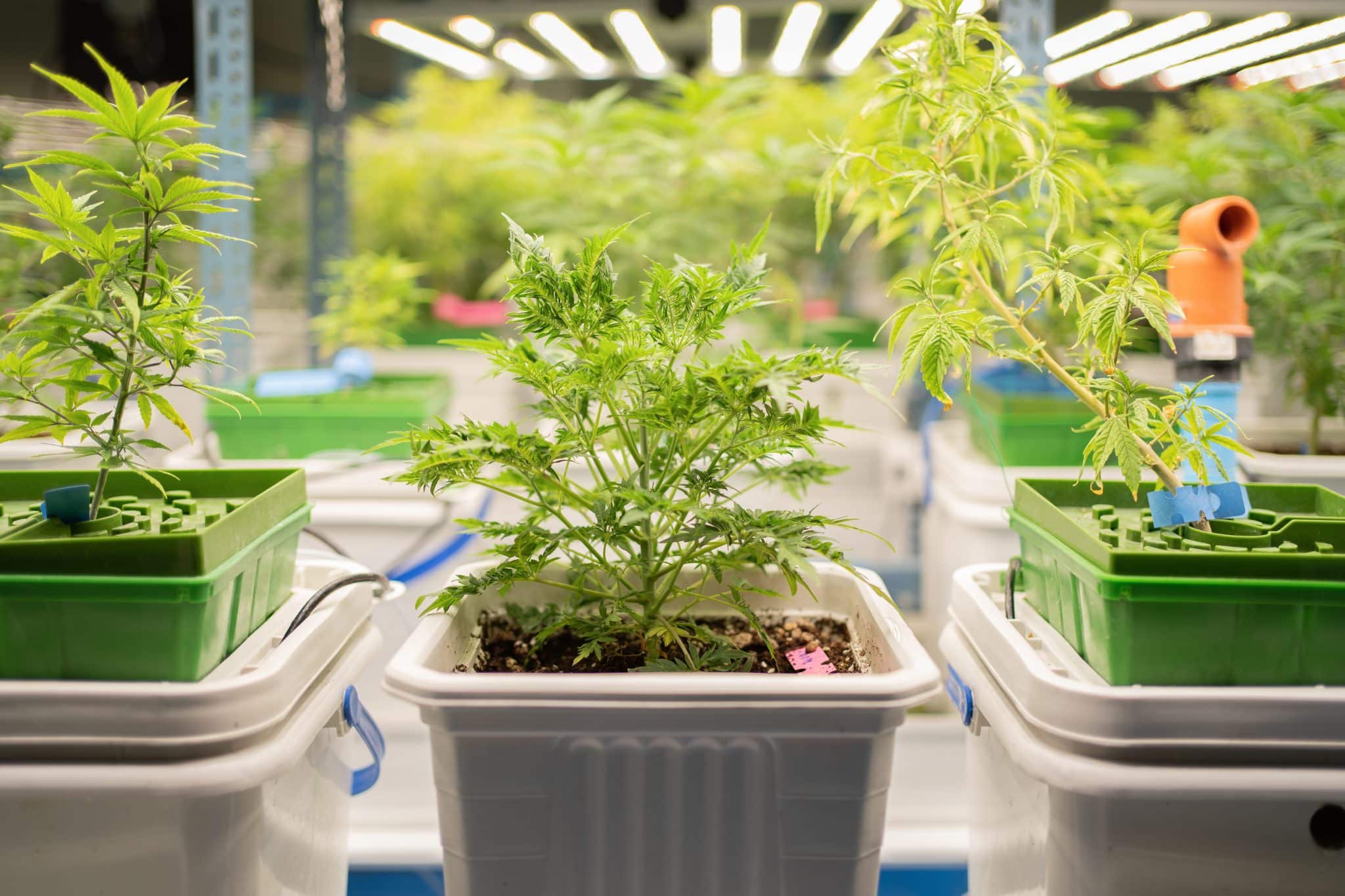Dispensary & Hydroponics: Cultivating Cannabis Excellence
The rapidly evolving cannabis industry is a fascinating ecosystem, where the journey from seed to sale involves intricate processes and specialized knowledge. At the heart of this journey lies the powerful synergy between advanced cultivation techniques, particularly hydroponics, and the consumer-facing world of the dispensary. Understanding the connection between these two pillars is crucial for both producers striving for quality and consumers seeking the best products.
From the precise science of growing plants without soil to the curated experience of selecting products at a retail outlet, the relationship between the dispensary and hydroponics shapes the quality, availability, and overall consumer experience of cannabis. This article will delve into how these two vital components intertwine, influencing everything from product purity to market trends, and empowering you to make more informed choices.
Table of Contents
- The Rise of the Modern Cannabis Dispensary
- Hydroponics: A Glimpse into Advanced Cannabis Cultivation
- The Symbiotic Relationship: How Hydroponics Feeds the Dispensary
- Navigating the Dispensary Landscape: A Consumer's Guide
- The Science Behind Hydroponic Excellence
- Regulatory Frameworks and Consumer Confidence
- The Future of Cannabis: Innovation in Dispensaries and Hydroponics
- Making Informed Choices: Empowering the Cannabis Consumer
The Rise of the Modern Cannabis Dispensary
The concept of a cannabis dispensary has evolved dramatically from its illicit past to a sophisticated, regulated retail environment. Today's dispensaries are often sleek, professional establishments designed to provide a safe and informative purchasing experience for both medical and recreational users. They serve as the primary point of contact between cannabis cultivators and consumers, offering a diverse array of products from flower and edibles to concentrates and topicals.
A modern dispensary acts as more than just a store; it's a hub for education, product discovery, and community engagement. Staffed by knowledgeable budtenders, these establishments guide customers through various strains, consumption methods, and product effects, ensuring that each individual finds what best suits their needs. The emphasis on transparency, product testing, and compliance with state regulations has transformed the industry, building trust and legitimacy. This professionalism is critical, especially in areas like Wylie, Texas, where the legal landscape for cannabis is carefully navigated, emphasizing the importance of licensed and compliant operations.
Hydroponics: A Glimpse into Advanced Cannabis Cultivation
Hydroponics is a method of growing plants without soil, using mineral nutrient solutions dissolved in water. This innovative cultivation technique has become increasingly popular in the cannabis industry due to its numerous advantages over traditional soil-based growing. In a hydroponic setup, plant roots are directly exposed to nutrient-rich water, allowing for more efficient nutrient uptake and often leading to faster growth rates and higher yields.
Various hydroponic systems exist, including Deep Water Culture (DWC), Nutrient Film Technique (NFT), ebb and flow (flood and drain), and drip systems. Each method offers unique benefits and challenges, but all share the common goal of providing plants with precisely controlled environments. This precision is a game-changer for cannabis cultivation, enabling growers to fine-tune nutrient delivery, pH levels, and environmental factors like temperature and humidity, resulting in more consistent and potent products. The control offered by hydroponics is a significant factor in producing the high-quality cannabis found at leading dispensaries.
The Symbiotic Relationship: How Hydroponics Feeds the Dispensary
The connection between the dispensary and hydroponics is not merely coincidental; it's a symbiotic relationship that underpins the quality and consistency of cannabis products available to consumers. Hydroponic cultivation directly impacts what ends up on dispensary shelves in several crucial ways:
- Consistency and Quality: Hydroponic systems allow for unparalleled control over the growing environment. This precision translates to more consistent cannabinoid and terpene profiles, ensuring that a strain purchased today will have similar characteristics to one purchased months later. Dispensaries rely on this consistency to build customer loyalty and maintain their reputation.
- Purity and Cleanliness: Without soil, the risk of soil-borne pests and diseases is significantly reduced. This often means less need for pesticides and fungicides, leading to cleaner, purer cannabis products. For consumers, this translates to a safer and more enjoyable experience, a key selling point for any reputable dispensary.
- Efficiency and Yield: Hydroponics can produce higher yields in smaller spaces and often at a faster rate than traditional methods. This efficiency helps meet the growing demand from dispensaries, ensuring a steady supply of fresh products for consumers.
- Potency and Flavor: The optimized nutrient delivery in hydroponic systems can lead to more robust plant growth, often resulting in higher potency and more pronounced terpene profiles, which contribute to the distinct aromas and flavors of different cannabis strains. Dispensaries can then offer a wider range of premium products.
Ultimately, the advancements in hydroponic cultivation directly empower dispensaries to offer superior, safer, and more consistent products, building consumer trust and driving the industry forward. The quality you experience at a dispensary often begins with the meticulous care of a hydroponic grower.
Navigating the Dispensary Landscape: A Consumer's Guide
For consumers, finding the right dispensary and understanding its offerings is key to a positive experience. With the growing number of options, especially in areas where cannabis programs are expanding, knowing how to navigate this landscape is essential. Whether you're looking for recreational or medical dispensaries, the process involves more than just walking into the nearest shop.
The modern consumer is empowered with tools and information to make informed decisions. This includes everything from checking reviews to browsing menus online before even stepping foot inside. The emphasis on consumer education and transparency is a hallmark of the evolving cannabis industry, ensuring that you can find the best products to suit your specific needs and preferences.
Finding Your Ideal Dispensary: Tools and Tips (e.g., Leafly, Leafy Mate)
When you're looking for the best cannabis dispensaries in Wylie, TX, or anywhere else, online platforms are invaluable resources. Sites like Leafly and directories such as Leafy Mate's premier directory of Wylie, Texas cannabis dispensaries have revolutionized how consumers find and interact with dispensaries.
Here's how these tools can help you:
- Location-Based Search: Easily find marijuana dispensaries near you by entering your location. For instance, if you're looking for the best dispensaries near me in Wylie, TX, these platforms quickly provide a list of options.
- Read Customer Reviews: One of the most powerful features is the ability to read reviews and menus of dispensaries in your area. Real customer feedback offers insights into product quality, staff knowledge, wait times, and overall experience.
- Shop Menus Online: Many platforms allow you to shop dispensary menus online, giving you a comprehensive look at available products, prices, and even current deals. This enables you to either order online for pickup or make a list to show the budtender, saving time and ensuring you get exactly what you want.
- Essential Information: Enhance your visit by using Leafly to get dispensary hours, directions, phone numbers, and other basic info. This preparation ensures a smooth and efficient trip.
- Product Discovery: Beyond just finding a location, these platforms help you discover everything you need for your next visit, including new brands, specific strains, and consumption methods. If you're looking for the best weed in Wylie, Texas, these resources can guide you to dispensaries offering a wide range of top-tier products.
Understanding Dispensary Menus and Product Quality
Once you've found a dispensary, understanding its menu is the next step. Menus typically categorize products by type (flower, edibles, concentrates, etc.) and often include details such as:
- Strain Information: For flower, you'll see indica, sativa, or hybrid classifications, along with specific strain names. Many menus also provide details on terpene profiles and reported effects.
- Potency (THC/CBD): This is a crucial metric, indicating the percentage of cannabinoids. Higher percentages don't always mean a "better" experience, but they provide an expectation of strength.
- Testing Information: Reputable dispensaries will provide, or make available upon request, lab testing results. These reports verify cannabinoid content, and more importantly, confirm the absence of harmful contaminants like pesticides, heavy metals, and mold. This adherence to testing is a cornerstone of the YMYL (Your Money or Your Life) principles in the cannabis industry, ensuring consumer safety.
- Pricing and Deals: Menus clearly list prices and often highlight daily deals or special offers.
When evaluating product quality, remember that appearance, aroma, and the reputation of the grower (which often ties back to cultivation methods like hydroponics) are good indicators. Don't hesitate to ask your budtender questions about a product's origin, testing, and recommended use. A well-informed purchase is a safe and satisfying purchase.
The Science Behind Hydroponic Excellence
The superior quality often associated with hydroponically grown cannabis isn't just anecdotal; it's rooted in scientific principles. Hydroponics offers a level of environmental control that is difficult to achieve in traditional soil cultivation, leading to several key advantages:
- Optimized Nutrient Delivery: In hydroponic systems, nutrients are precisely measured and delivered directly to the plant roots in a readily available form. This eliminates the guesswork involved with soil, where nutrient availability can fluctuate due to soil composition, pH, and microbial activity. Plants receive exactly what they need, when they need it, leading to vigorous growth and robust cannabinoid/terpene production.
- pH Control: The pH of the nutrient solution is critical for nutrient uptake. Hydroponic growers can maintain the ideal pH range (typically 5.5-6.5 for cannabis) with high precision, ensuring that plants can absorb all necessary elements without lockout.
- Oxygenation: Roots require oxygen for healthy growth. Many hydroponic systems, particularly DWC, ensure excellent root zone oxygenation, preventing root rot and promoting faster metabolism.
- Reduced Water Usage: While it might seem counterintuitive, hydroponic systems can use significantly less water than soil cultivation because water is recirculated and recycled, minimizing waste. This makes it a more sustainable option.
- Pest and Disease Control: By eliminating soil, growers drastically reduce the risk of soil-borne pests (like fungus gnats) and diseases. This often means less reliance on chemical pesticides, resulting in a cleaner final product that meets stringent dispensary quality standards.
These scientific advantages contribute directly to the premium quality cannabis that discerning consumers seek at their local dispensary. The expertise in managing these scientific parameters is what sets top-tier hydroponic cultivators apart.
Regulatory Frameworks and Consumer Confidence
The cannabis industry operates under strict regulatory frameworks designed to ensure product safety, quality, and consumer confidence. These regulations vary significantly by state and even by municipality, but they generally cover licensing, cultivation standards, testing protocols, packaging, labeling, and dispensary operations. Adherence to these regulations is paramount for any legitimate player in the market, from the hydroponic grower to the retail dispensary.
For consumers, understanding that products are regulated provides a layer of trust. It means that the cannabis they purchase has likely undergone rigorous testing for potency and contaminants, and that the dispensary itself operates within legal guidelines. This regulatory oversight is a critical component of E-E-A-T (Expertise, Authoritativeness, Trustworthiness) and YMYL (Your Money or Your Life) principles in the cannabis space, as it directly impacts consumer health and financial well-being.
The Texas Regulated Cannabis Program: What Consumers Should Know
In Texas, the cannabis landscape is unique and evolving. The Texas regulated cannabis program is full bore providing access primarily through the Texas Compassionate Use Program (TCUP). This program currently allows for the use of low-THC cannabis (with THC content generally capped at 0.5% by weight) for specific medical conditions, as prescribed by a qualified physician. While recreational marijuana dispensaries are not yet legal in Wylie, Texas, or statewide, the existing medical program demonstrates a commitment to regulated access.
For Texans, understanding the nuances of TCUP is vital. Patients must have a qualifying condition and be registered with the state's Compassionate Use Registry. Dispensaries operating under TCUP are licensed and adhere to strict guidelines regarding product sourcing, testing, and patient privacy. This ensures that even within the limited scope of the program, products are safe and reliable. As discussions around broader cannabis reform continue, consumers should stay informed about legislative changes that could impact the availability of both medical and potentially recreational marijuana dispensaries in the future.
The Future of Cannabis: Innovation in Dispensaries and Hydroponics
The cannabis industry is a hotbed of innovation, with both dispensaries and hydroponic cultivation methods continuously evolving. On the cultivation side, advancements in automation, artificial intelligence, and environmental control systems are pushing the boundaries of what's possible. Precision agriculture, where every aspect of the plant's environment is monitored and adjusted in real-time, is becoming more commonplace, further optimizing yield, potency, and sustainability.
For dispensaries, the future involves enhanced customer experiences, personalized recommendations driven by data analytics, and seamless integration of online and in-store shopping. The trend towards hyper-specialized products, from specific cannabinoid ratios to unique terpene profiles, will also continue to grow, offering consumers an even wider array of choices. The synergy between advanced cultivation techniques like hydroponics and sophisticated retail operations at the dispensary will only deepen, leading to a more efficient, transparent, and consumer-centric market.
Sustainable Practices in Hydroponic Cultivation
As the cannabis industry matures, sustainability is becoming a key focus, and hydroponics plays a significant role in achieving environmental goals. Compared to traditional soil farming, hydroponic systems can dramatically reduce water consumption by recirculating nutrient solutions. Some estimates suggest water savings of up to 90%.
Furthermore, indoor hydroponic setups allow for year-round cultivation, reducing the need for long-distance transportation and associated carbon emissions. While indoor growing requires energy for lighting and environmental control, advancements in LED technology and renewable energy sources are mitigating this impact. Many hydroponic growers are adopting practices such as:
- Closed-Loop Systems: Minimizing water and nutrient waste.
- Energy-Efficient Lighting: Utilizing advanced LED grow lights that consume less power and produce less heat.
- Renewable Energy Sources: Powering facilities with solar or wind energy.
- Integrated Pest Management (IPM): Reducing reliance on chemical pesticides through natural pest control methods.
These sustainable practices not only benefit the environment but also appeal to an increasingly eco-conscious consumer base, further strengthening the reputation of dispensaries that source from responsible growers.
Making Informed Choices: Empowering the Cannabis Consumer
The journey from cultivation to consumption is complex, but understanding the roles of the dispensary and hydroponics empowers you as a consumer. Knowing that the cannabis you purchase may have been grown using advanced hydroponic techniques provides insight into its potential purity, consistency, and potency. Being aware of how to use platforms like Leafly to find recreational and medical dispensaries in Wylie, Texas, or anywhere else, allows you to navigate the market effectively, compare options, and read customer reviews to make the best choice.
Always prioritize dispensaries that emphasize transparency, provide lab testing results, and have knowledgeable staff. The best weed in Wylie, Texas, or any location, isn't just about high THC; it's about a product that is safe, consistent, and meets your expectations, backed by responsible cultivation and retail practices. By staying informed about both the growing methods and the retail experience, you can ensure that your cannabis journey is safe, satisfying, and tailored to your needs.
The world of cannabis is constantly evolving, offering exciting new possibilities for both growers and consumers. Embrace the knowledge, explore the options, and enjoy the benefits of a maturing industry built on expertise, quality, and trust.
Did this article help you understand the intricate link between cultivation and retail in the cannabis world? Share your thoughts in the comments below or explore more of our articles on cannabis cultivation and industry trends!

Revolutionizing Cannabis Cultivation: The Power of Hydroponics

Hydroponic Systems For Growing Weed - West Coast Releaf Dispensary

DIY Hydroponics: A Practical Guide for Cannabis Cultivators - ROLL'D